Public investment has always been identified as an important political task, playing a key role in socio-economic development, ensuring national defense and security and political stability; public investment is both long-term strategic and urgent, contributing significantly to promoting growth, stabilizing the macro-economy, ensuring major balances of the economy; creating a foundation for socio-economic infrastructure development, playing the role of "opening the way", clearing bottlenecks, creating new momentum, new development space; strengthening connectivity, reducing logistics costs, improving national competitiveness; acting as "seed capital" to lead and activate investment in the whole society, strongly attracting private investment and FDI capital flows; promoting production, business, creating jobs and livelihoods for people, contributing to ensuring social security.
Prime Minister Pham Minh Chinh chairs conference to promote public investment growth momentum in 2025 - CP Photo
Over the past time, the Government and the Prime Minister have always paid attention to, directed strongly and closely to promote the disbursement of public investment capital, implemented 3 national target programs and carried out projects using the annual central budget revenue increase source right from the first days and months of 2025.
The disbursement result in the first 4 months of the year was over 128.5 trillion VND, about 18 trillion VND higher than the same period in 2024. However, nearly 8 trillion VND has not been allocated in detail; the disbursement result of public investment capital in the first 4 months of 2025 reached 15.56%, lower than the same period in 2024 (16.64%), in which many ministries, agencies and localities have disbursement rates below the national average.
Speaking at the conference, the Prime Minister emphasized that in the current context, we are resolutely renewing the three traditional growth drivers including investment, consumption, and export; promoting new growth drivers including science and technology, innovation, digital transformation, circular economy, knowledge economy, and drivers related to the private economy. While promoting new growth drivers takes time and has delays, efforts must be made to consolidate and promote traditional growth drivers.
However, currently, consumption and export drivers are facing many difficulties. We are drastically diversifying markets, products, and supply chains, but they have not yet been effective immediately. Therefore, among traditional growth drivers, investment growth drivers play a very important role, including public investment, FDI investment, private investment, etc. Public investment is identified as leading private investment, activating all resources for development.
Reviewing the results of public investment in the first months of the year, in which 37/47 ministries, agencies and 27/63 localities had disbursement rates below the national average, the Prime Minister requested to clarify this issue, find out the causes, point out the difficulties, obstacles, bottlenecks, and responsibilities of ministries and branches. "Why do some places do well under the same conditions and policies, while others do not? Is it because of the people, the leaders?", the Prime Minister said.
The Prime Minister requested the Ministry of Finance to compile statistics on which ministries, branches and localities have slow disbursement to re-evaluate staff; those ministries and branches that have performed well should be rewarded, and those that have not performed well should be disciplined.
At the same time, draw lessons from experience in leadership, direction, and implementation at all levels and sectors, especially the leaders, to "diagnose the right pulse and the right disease" to have appropriate solutions; have principles and regular measurement tools to urge, remind, and promote the role of the Prime Minister's working groups.
The Prime Minister requested that leaders of Party committees and authorities at all levels, cadres and Party members must think, research, continue to review and propose amendments to institutions and policies, and remove obstacles, especially laws related to budget and bidding, because in reality, private enterprises often disburse and implement projects very quickly.
The Prime Minister emphasized the need to strengthen decentralization and strong delegation of power to localities along with resource allocation, improving implementation capacity, strengthening inspection and supervision, with the spirit of "locality decides, locality acts, locality takes responsibility"; ministries, branches and central agencies focus on performing state management tasks, not doing specific tasks. State corporations and groups must also be proactive in promoting investment.
According to the Prime Minister, disbursement of public investment capital still faces some difficulties such as site clearance, technical standards, supply of raw materials, and disbursement of ODA capital. Inspection and supervision work is sometimes lax; some ministries, agencies, and localities are not proactive and resolute, even have a mentality of avoiding, shirking responsibility, and waiting for instructions. The implementation of conclusions and instructions of the Government and the Prime Minister is sometimes and in some places slow. The capacity to manage and organize the implementation of national target programs in some places is still limited, affecting the effectiveness of policy implementation at the grassroots level.
Analyzing the causes of existing problems and limitations, the Prime Minister said that discipline and order are not strict in some places and at some times; investment preparation for some projects is still sketchy; in places where Party secretaries are not closely involved and the entire political system has not been involved, site clearance is slow; the capacity of some project management boards, professional staff, consulting units and contractors is still weak; there is a situation of avoidance, fear of mistakes and fear of responsibility in performing assigned tasks; coordination between agencies and localities is still not tight.
Drawing some lessons from practice, the Prime Minister pointed out that to strengthen leadership and direction, promote the role of leaders in decentralization, delegation of authority, and individualization of responsibility, localities need to be self-reliant, self-reliant, dare to think, dare to do, and dare to take responsibility.
There must be high determination, great effort, drastic action, inspection, urging and timely resolution of difficulties, obstacles and bottlenecks according to the principle: "leadership and direction from top to bottom but organization and implementation, and removal of obstacles must be from bottom to top" and in the spirit of "6 clear: clear people, clear work, clear responsibility, clear authority, clear time, clear results".
Mobilizing the participation of the entire political system, site clearance must be quick, thorough, and ensure the legitimate rights and interests of the people, and take good care of their lives.
Decentralization, delegation of authority, reduction of cumbersome administrative procedures, promotion of responsibility, selection of the right contractor, prevention of corruption and negativity. Timely, public and transparent review, summary, commendation, reward, handling and discipline.
BT
Source: https://baoquangtri.vn/danh-gia-lai-can-bo-nhung-bo-nganh-dia-phuong-giai-ngan-cham-193779.htm


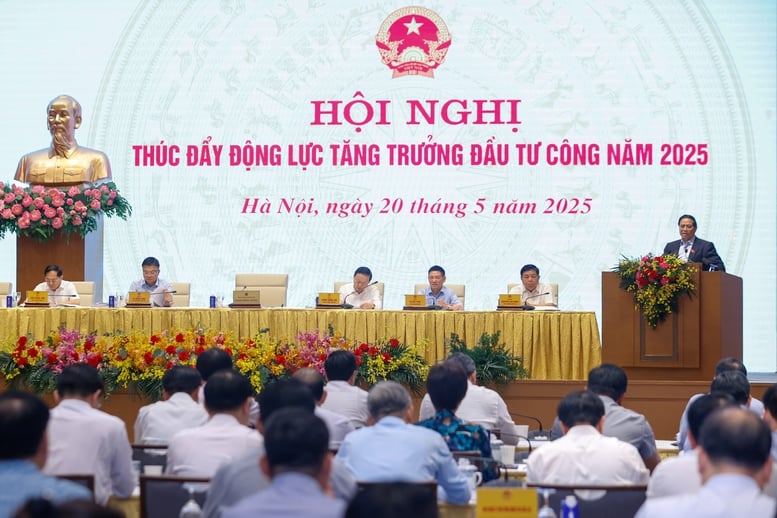

![[Photo] Prime Minister Pham Minh Chinh chairs a meeting on the implementation of the Lao Cai-Hanoi-Hai Phong railway project.](https://vphoto.vietnam.vn/thumb/1200x675/vietnam/resource/IMAGE/2025/5/20/0fa4c9864f63456ebc0eb504c09c7e26)
























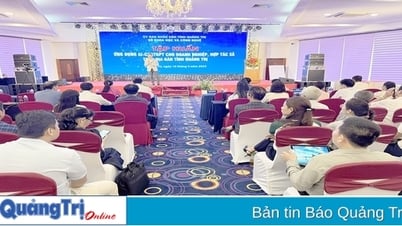














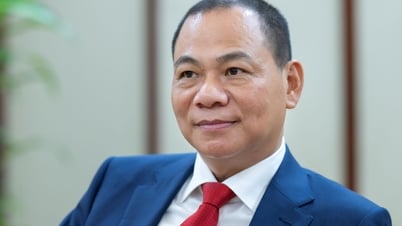








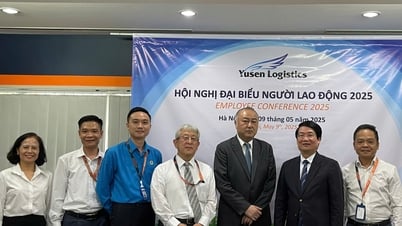







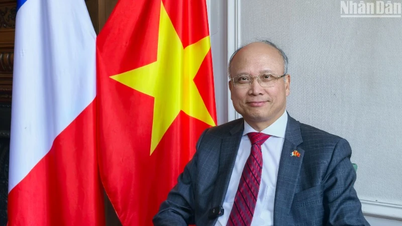



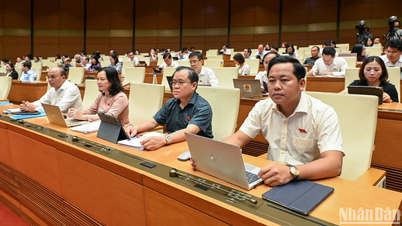
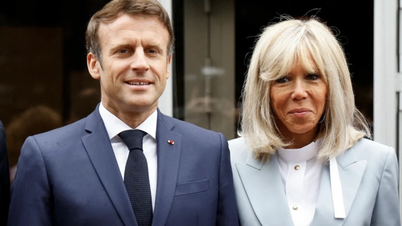

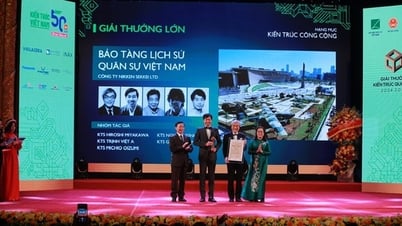


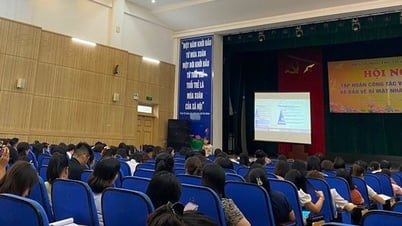
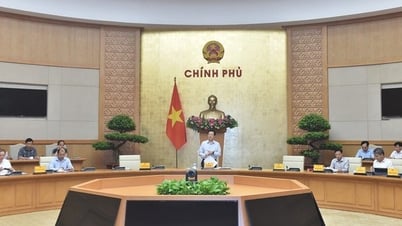
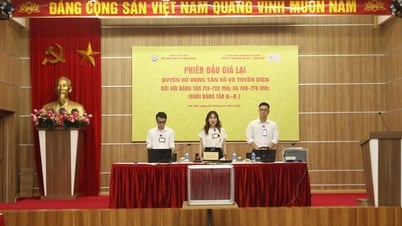

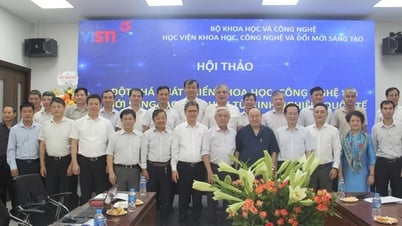

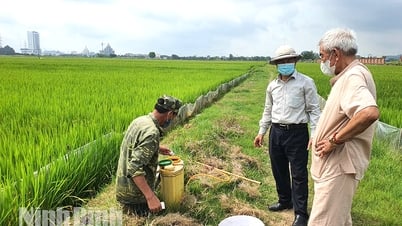

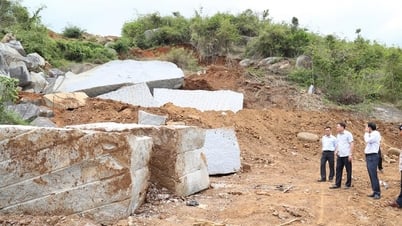

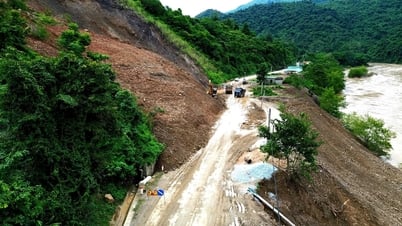

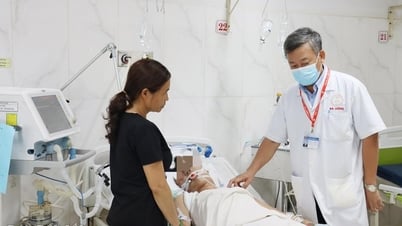











Comment (0)